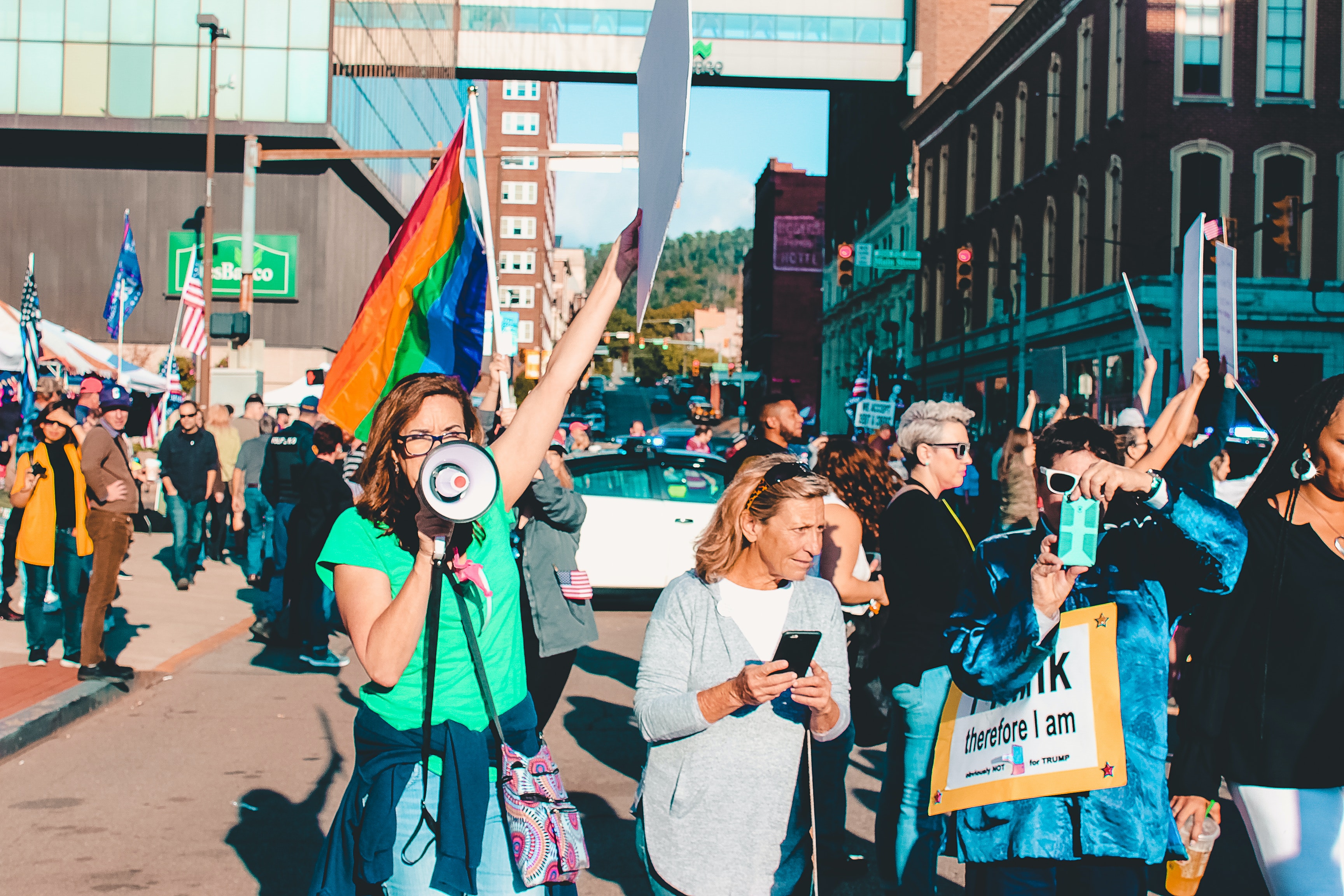What does it look like to stand together against racism and hate? What are the terms we use and methods for moving forward together? A new study from Yale sought to learn what activists themselves are looking for. They found that activists value allies who are trustworthy and willing to defer to activists’ leadership. This post was first published at the Yale Insights Blog.
 |
|
Photo by Rosemary Ketchum from Pexels
|
In the summer of 2020, many White Americans got involved in racial justice efforts for the first time. Reading lists and viral social media posts proliferated—many of them focused on how to be a good ally.
Allyship is the involvement of people from historically dominant groups in efforts to improve treatment of disadvantaged groups, such as men in the feminist movement or White activists working on behalf of Black Lives Matter. The involvement of allies can be helpful, but is also fraught: activists who are members of the disadvantaged group often fear, with good reason, that allies will co-opt their movement, or abandon the work when it becomes too challenging.
“There are tons of prescriptions nowadays about how to be an ally,” says Jun Won Park, a graduate of Yale SOM’s doctoral program who is now a postdoctoral research associate at Princeton University. But it’s not clear that all that guidance helps make allies more effective. Unless we look at allyship from the perspective of activists directly affected by an issue, we risk delivering well-intentioned but ultimately misguided advice.
In a new paper, Park and Yale SOM’s Michael Kraus seek to understand what activists really want from movement allies. Using data from surveys and experiments, they identify two key traits that drive how favorably activists view allies: trustworthiness and deference. They also find that allies are perceived to be falling short. The research was co-authored by Preeti Vani of Stanford University and Sidney Saint-Hilaire, a recent graduate of Yale’s cognitive science program.
The findings are consistent with a long-held tenet of many social movements: that people directly affected by an issue should be the ones to decide which goals are most important and how to achieve them. “Allies might have their own ideas about what is going to be effective in a movement, and that might not be what beneficiary activists think,” Kraus says. What activists really want, the research shows, is allies who are willing to put ego aside and work toward someone else’s vision.
Read more about the report findings at the Yale Insights website »